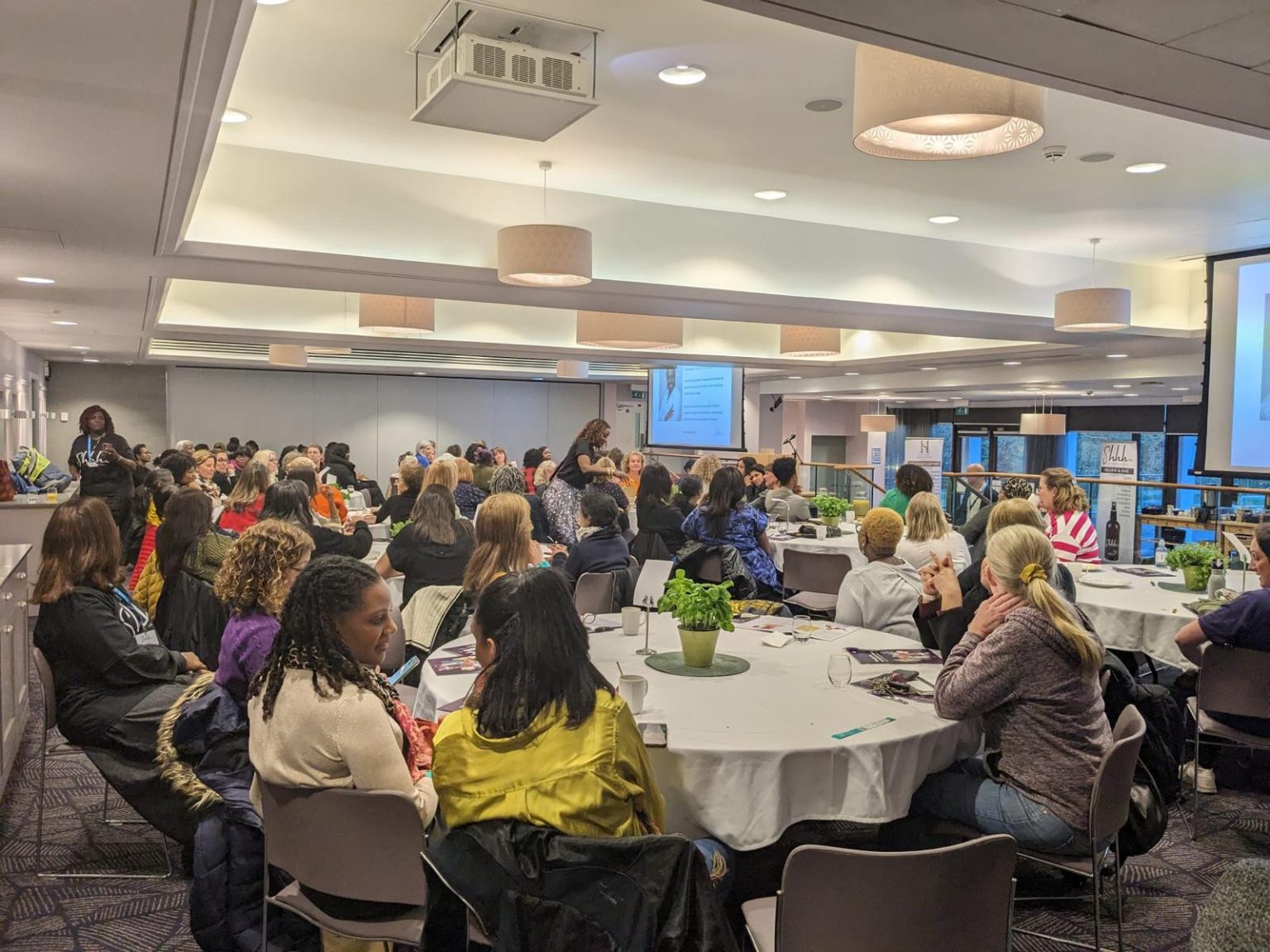Menopause – just the word alone can trigger a range of emotions, from curiosity to dread to “Can I fast-forward through this part?” But for black women, the menopause journey often comes with some extra not-so-welcome surprises.
The SWAN (Study of Women’s Health Across the Nation) report reveals a staggering truth: Black women endure menopause symptoms for an average of 10.1 years, while white women experience them for around 6.5 years.
Yes, you read that right – 10.1 years. That’s nearly four extra years of night sweats, random hot flashes, mood swings, and the occasional “Is it hot in here or is it just me… again?” moments. It’s like menopause is determined to stick around long enough to feel like an unwelcome roommate. And when it comes to fairness, menopause didn’t quite get the memo for black women, making their experience longer and often more intense.
But that’s not all. Menopause likes to bring a few of its “friends” along for the ride—like bladder weakness. Yep, just when you thought you had enough on your plate, in comes bladder control issues to add to the fun. Forget sneezing or laughing without crossing your legs—you’ll find yourself evaluating every move like it’s a potential hazard. It’s like your bladder and gravity teamed up for a surprise prank, and guess what? They’re winning.
So, what exactly are we dealing with here? Menopause isn’t just about getting older and rolling with the changes—it’s about dodging a series of physical and emotional hurdles. For black women, those hurdles are often higher, and bladder weakness is just one of them.
The SWAN report highlights that black women not only face longer menopause symptoms but also tend to have more severe symptoms, particularly when it comes to vasomotor symptoms—those lovely hot flashes and night sweats that seem to have no regard for your daily plans.
But here’s the kicker… Black women are also more likely to experience early menopause compared to their white counterparts. That means the fun starts sooner—and lasts longer. Early menopause is often linked to conditions like diabetes, heart disease, and hypertension, which disproportionately affect black women And let’s not forget our little friend, bladder weakness. Whether it’s a hearty laugh, a cough, or a jog to the car, it’s a constant game of “Will I or won’t I?” when it comes to bladder control. Add that to your daily to-do list, and you’ve got yourself a menopause experience that requires more strategy than a game of chess. Why Haven’t We Talked About This?
That’s the million-dollar question. For years, menopause has been the elephant in the room that no one wanted to talk about—especially when it comes to the specific challenges Black women face. And when the conversation finally does happen, it tends to paint menopause with a broad brush, assuming all women have the same experience. Spoiler alert: they don’t.
The truth is, the unique challenges Black women face during menopause, like bladder weakness and longer-lasting symptoms, are often left out of the conversation. And it’s not just about inconvenience—there are real health implications here. When these symptoms are ignored, it leaves Black women to suffer in silence, without the proper care or solutions they need to manage this stage of life.

